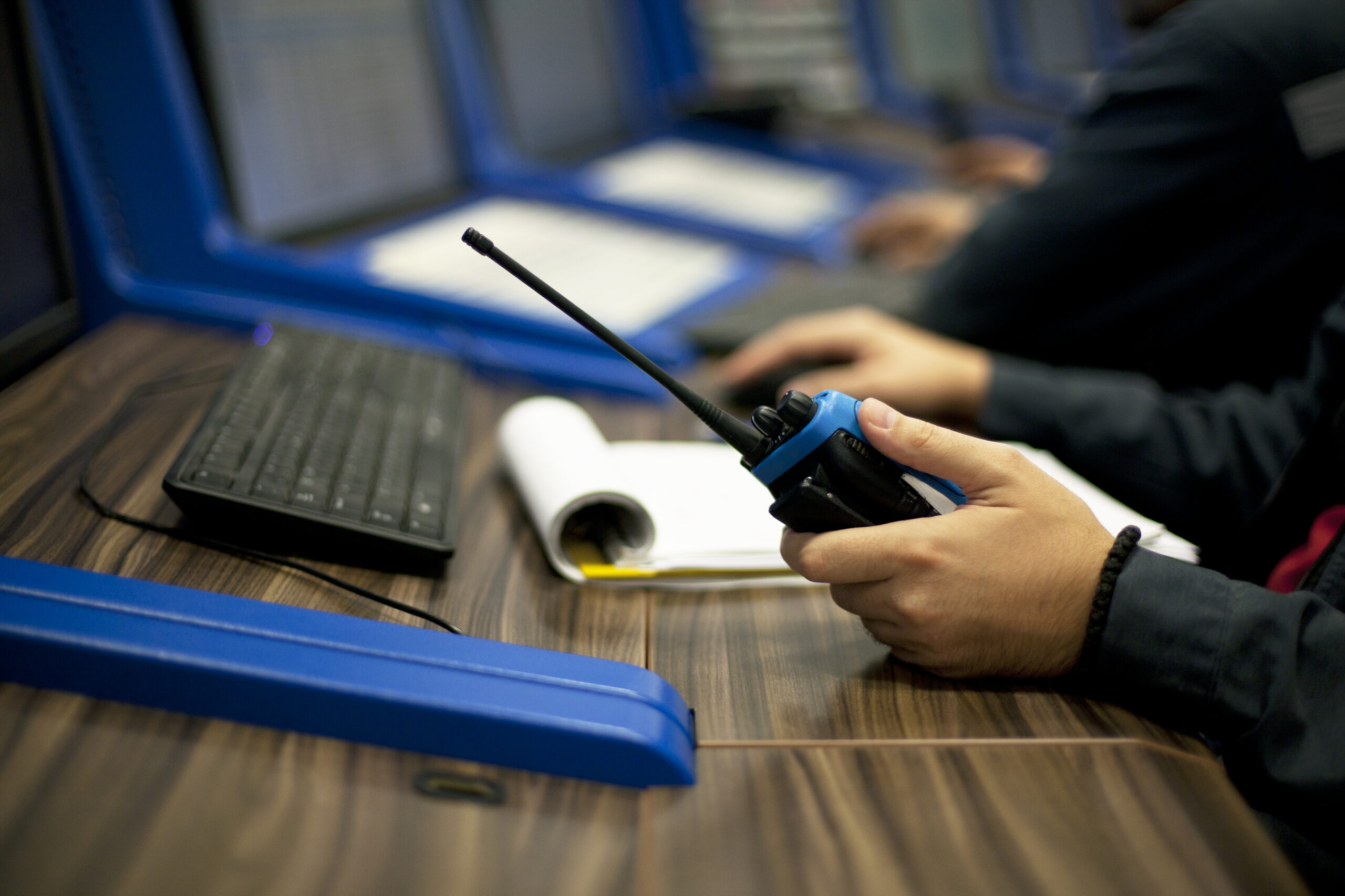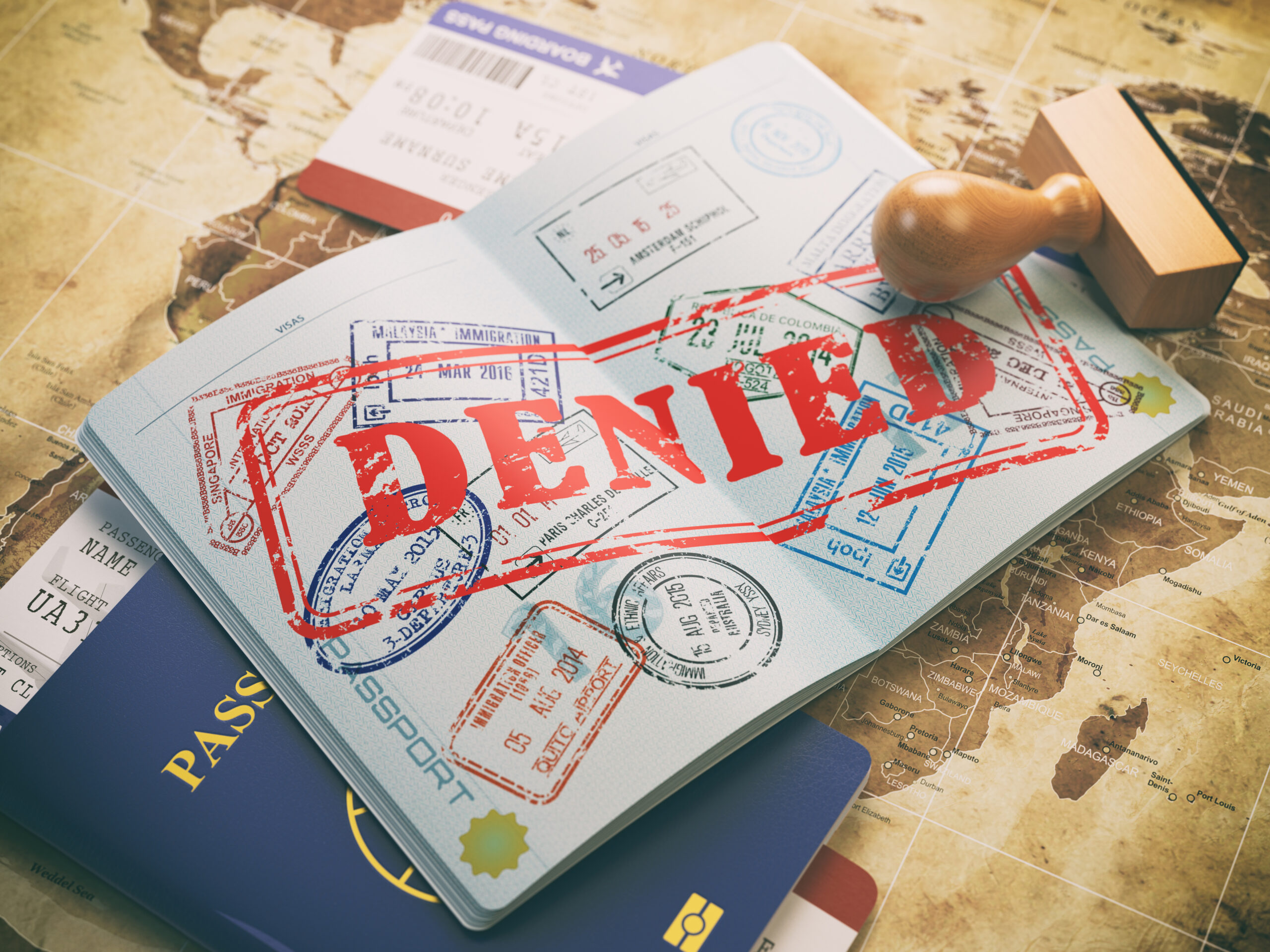The 2024 Presidential elections are coming, and Immigration Reform 2024 is a big topic. Nearly 400,000 Latino voters in Michigan could change the game. They lean towards Democrats but are open to new ideas.
Michigan’s voters are breaking free from old party lines. They want policies that reflect their diverse needs. A student at Michigan State University wants to vote for Kamala Harris, showing a focus on freedom.
Others, like a Democrat switching to Jill Stein, want action on global issues. They want to support those who are often overlooked. Michigan’s mix of opinions mirrors the nation’s complex identity and economic concerns.
But it’s not just about polls. The $11 billion Operation Lone Star in Texas shows the real impact of immigration policies. The Texas National Guard’s actions against migrants raise important questions about morality and legality.
As we move towards 2024, what will Immigration Reform look like? Who will protect America’s melting pot?
The answers will come from voters in 2024. We must think about how these changes will affect our country’s future.
The Growing Impact of Latino Voters on Immigration Policies 2024
The Latino voters are playing a big role in shaping U.S. immigration policies. Their numbers and engagement are growing, especially in key states like Michigan. Michigan Latinos have a big say in elections, making them a powerful voting bloc.
These voters have different opinions, ranging from left to right. Their views affect both local and national elections. This diversity makes them a key player in politics.
Latino voters care a lot about candidate immigration reform policies. In Michigan, they are leaning slightly towards the Republican Party. This is because of their focus on economic issues and immigration reform.
But, the Democratic Party still gets most of their votes. This is because of strong community ties and support for comprehensive immigration solutions.
Latino voters are key in shaping the immigration conversation. They want clear, actionable policies from candidates. These policies should cover border security, pathways to citizenship, and more.
Their complex views make them a powerful group. Candidates must engage with them thoughtfully.
The changing political leanings of Latino voters highlight the need for inclusive political talks. This is especially true for big issues like immigration reform.
Understanding and addressing Michigan Latinos‘ concerns is crucial for candidates. Their growing influence will shape the political landscape. They could sway future elections and immigration policy in the U.S.
A Look at Cross-Party Cooperation on Immigration Matters
In the changing world of immigration reform 2024, working together across parties is key. Recent efforts show lawmakers are starting to see immigration as a bigger issue than just party politics.
Lawmakers are working together to find solutions that help more Americans. They’re focusing on making it easier for immigrants to join our society and keeping our borders safe. This teamwork shows a shared goal for a fair and strong immigration system.
Experts say these bipartisan efforts in immigration policies are a big change in American politics. They believe working together can lead to big wins in lawmaking. This is especially true when most people want solutions that work for everyone, not just one party.
These efforts go beyond just making laws. There are public talks, bipartisan meetings, and talks between parties. These help create a space for everyone to share their views. This way, immigration reform can better reflect the needs of all immigrants and the country’s economy and culture.
As 2024 gets closer, these early steps in cross-party work are setting a good example. They’re not just for immigration but for other important national issues too.
Border Security 2024: Challenges and Law Enforcement Tactics
The debate over border security 2024 is getting more intense. People are talking about new strategies and how law enforcement handles things. At the center of this is Operation Lone Star, a big effort by Texas. It shows how different states handle immigration, sparking a national conversation.
Operation Lone Star started because of what Texas saw as a lack of action from the federal government. It’s known for its strict approach, using the Texas National Guard and non-lethal methods against migrants. Critics say it’s too harsh and raises big questions about human rights.
These strict tactics reflect a national trend towards stronger border security 2024. Many voters see security as key to the country’s health. But, this has also led to debates about the morality and success of such tough methods in law enforcement on immigration.
As we talk more about border security, it’s crucial for leaders to find a balance. We need solutions that make borders safer but also respect people’s rights. The focus on Operation Lone Star will likely shape the border security debate in 2024, affecting voters and campaigns.
Immigration Reform 2024: Candidates and Their Plans
In the U.S. politics, the 2024 elections highlight the importance of candidates on immigration. With nearly 400,000 eligible Latino voters in Michigan, their impact is huge. Immigration reform is key, with clear differences in immigration plans between candidates. This matters a lot to a diverse group of voters.
Recent elections show how immigration policies affect party support. Over 70% of Latino voters have backed the Democratic party in Michigan. Yet, 25% are now leaning towards Republicans, showing a shift in views. This change reflects a broader national debate on immigration policies.
In Michigan, third-party candidates are gaining ground. They focus on specific issues, like immigration, that the two main parties don’t fully address. The Green Party, for example, is gaining support for its progressive views on social justice. This shows the growing interest in detailed differences in immigration plans.
The 2024 elections will be crucial, influenced by candidates on immigration. As candidates share their immigration plans, voters will shape the future of U.S. immigration policy. This could change party lines and the country’s direction.
Analyzing Immigration Reform Debates and Bipartisan Efforts
The immigration reform debates of 2024 have shown how important working together is. A past agreement between parties was close before the Trump administration. This shows that working together on immigration reform is possible.
The number of border encounters has gone up a lot. From about 408,807 in 2020 to over 2.5 million in 2023. This shows we need both state and federal actions to solve immigration issues.
The Latino vote is now 20% of voters in states like Arizona. They have a big impact in elections. Yet, many Latino voters in Georgia were not reached by campaigns.
Latino votes can change the outcome of close races. For example, Biden’s win in Wisconsin was narrow. Half of Wisconsinites have different views on deportation, showing the national divide.
Latino voters in Arizona are expected to number over 600,000. This is a big deal. But, many Latinos in key states like Pennsylvania and North Carolina feel left out of politics.
There’s been progress in disability rights, with 500 independent living centers and big laws like ADA. But, we still need to keep working on policy and changing how society views disabilities.















